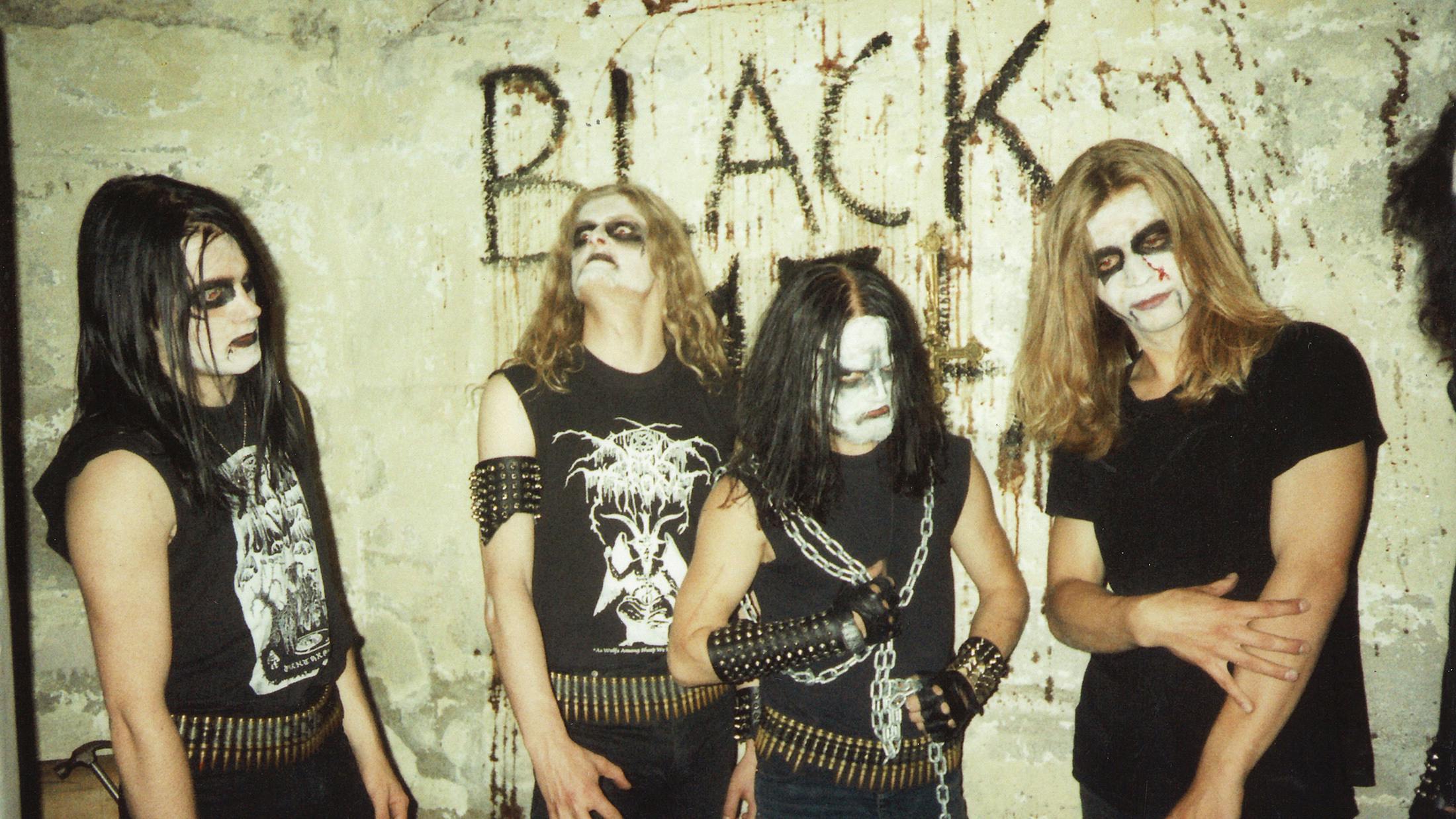It’s often imagined that the store was mainly selling black metal records, but at the time there simply weren’t enough of such items in existence to keep a store afloat, and Helvete stocked a great deal of material by bands that Euronymous himself had voiced a distaste for, such as Deicide and Napalm Death. These were essential to help pay the rent, which continued to be a concern.
Indeed, times were financially tough for most in the scene at this point. There is a tired stereotype of the Norwegian black metal movement being predominantly created by a group of ‘rich kids’, rebelling against their own privilege, a stereotype so oft repeated that it tends to go unchallenged. In one high profile example from 2018, journalist Adam Lehrer wrote in (ironically) the business magazine Forbes: “black metal was a white middle and upper class movement, strongly believed to be in actuality a reaction to the very high quality of life found in Norway… In essence, black metal was a counter-cultural movement rooted in white privilege and a kind of rebellion against the musicians’ own privileges.”
Ignoring the explicitly Norwegian-centric nature of this definition, and the fact the article claimed Faust to be the drummer of Mayhem, this remains a dangerous generalisation. It is certainly true that Norway is now a very wealthy country with a generation or two of financially privileged and somewhat sheltered youth, thanks mostly to the runaway success of the nation’s oil, gas and fishing industries. But though the country’s economy began its steady rise during the 1980s, the benefits hadn’t really kicked in for most of those living there in the early 1990s. Norway was already one of the richer countries in Europe, yes, but the economic background of the participants was far from uniform, with many bands, not least Mayhem, featuring at least some members from decidedly working class backgrounds.
“Norway is now very wealthy. I wish I had as much money as my kid has – he doesn’t need it,” explains Marius with a laugh. “Generally we didn’t have money then, it was difficult to buy stuff. Most of us were middle class, with some on the upper class and some on the lower class. But the middle class was the working class, the lower class was when most of the family was on welfare and you didn’t have extra money to fix your pants or buy new shoes, and then you had people like Varg who were in the higher class. I remember early in the morning they came with the fresh bakery things outside of the stores and we would sometimes take a few of those for Helvete. Because we didn’t have any money. If you wanted something to eat in Helvete you had to make it yourself and they only had these hotdog breads – because we stole those and if we didn’t steal them, it was still the cheapest form of bread you could get – and we didn’t have anything with them… maybe some cheese sometimes.”
The restored, expanded and definitive edition of Black Metal: Evolution Of The Cult is available to order now.
Read this next:
